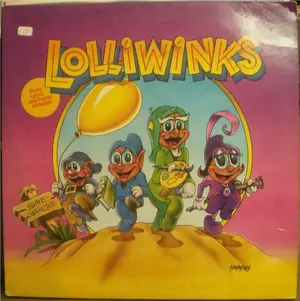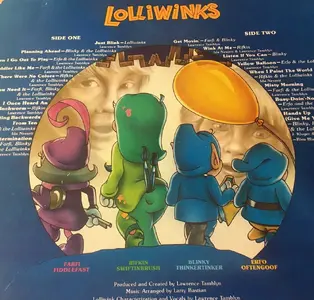As late as the 1980s the local TV stations in Sacramento and even a couple in San Francisco would sign off at the end of the day. By the end of the decade the sign offs were limited to once a week, on Sunday nights.
The point was to check out the transmitting equipment to make sure that no components were about to fail. This was when microchips and other integrated component systems were considered toys and the Heavy Lifting was done with vacuum tubes. A single transmitter could fill an entire building the size of a small house, maybe around 600 square feet. The transmitter was a rat nest of capacitors, resistors, coils, and of course the tubes themselves, most of which were gigantic and sheathed in thick steel.
Technicians had to physically climb into the foreboding looking mess and use their Simpson multimeters to physically test every single component to make sure it was testing within spec. The job was fairly dangerous, especially around ultra-high-value capacitors that could hold a lethal amount of DC voltage long after the circuit was turned off. The techs carried what was known as "chicken sticks" to drain the caps before testing them so the multimeter didn't explode like a grenade.
Gradually the reign of vacuum tubes and of carbon resistors and wax paper (and primitive aluminum) capacitors came to an end. Today, everything is computerized. Transmitters consist of dozens of modules that are "hot swappable" and monitored by computers. When the computer says a module is bad, a single tech drives out with the replacement, swaps them, then heads back.
In the old days several DOZEN techs with Simpson 260 meters would crawl around a transmitter for HOURS every single night, then once a week, trying to see if anything was about to blow. If they missed something, the viewing public would suddenly see their favorite program replaced with a "PLEASE STAND BY" message that could last for quite a while.
This was a regular occurrence when I was a little kid in the 70s. My mom had to explain to me that the message did NOT mean that I had to physically stand next to the TV until the show resumed, or that doing so would make it return quicker.




